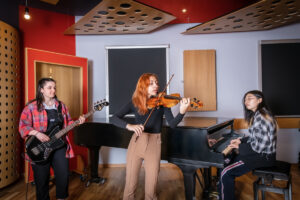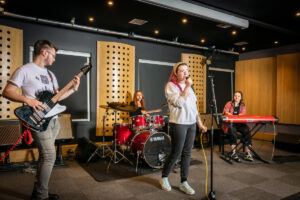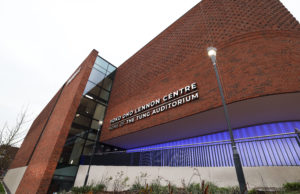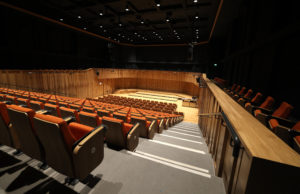How you'll learn
Teaching on the Music Industry Studies MA is primarily through interactive lectures where you will explore theories and real-world case studies from the music sector. There is the option of carrying out a work placement with a local arts organisation so that you can graduate with hands-on work experience. There are three modules per semester which typically means seven hours of class per week.
How you're assessed
You will primariliy be assessed through coursework. This will be a combination of essays, portfolios and presentations throughout semesters one and two.
You will then complete a dissertation in semester three, using the research skills gained throughout the academic year.
Liverpool Hallmarks
We have a distinctive approach to education, the Liverpool Curriculum Framework, which focuses on research-connected teaching, active learning, and authentic assessment to ensure our students graduate as digitally fluent and confident global citizens.
The Liverpool Curriculum framework sets out our distinctive approach to education. Our teaching staff support our students to develop academic knowledge, skills, and understanding alongside our graduate attributes:
- Digital fluency
- Confidence
- Global citizenship
Our curriculum is characterised by the three Liverpool Hallmarks:
- Research-connected teaching
- Active learning
- Authentic assessment
All this is underpinned by our core value of inclusivity and commitment to providing a curriculum that is accessible to all students.









